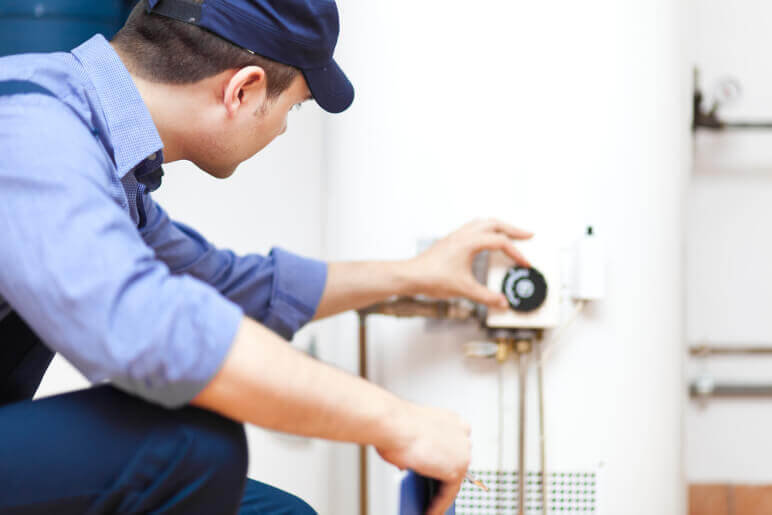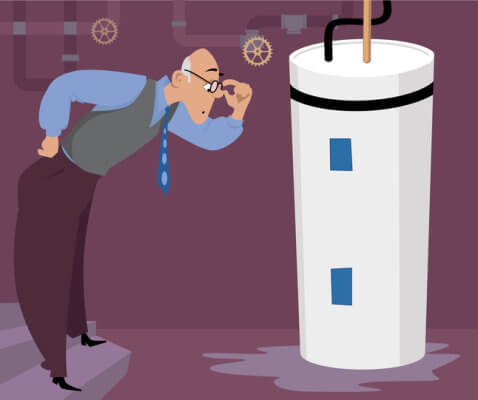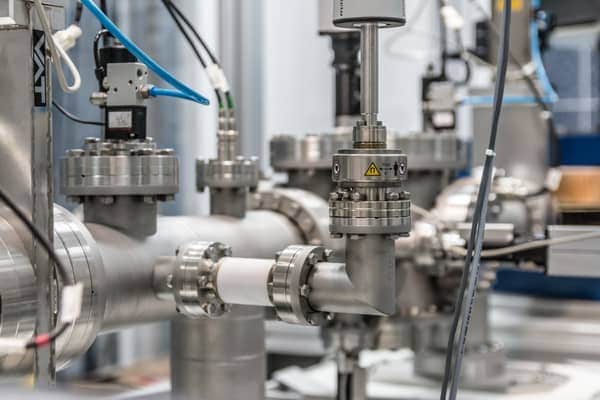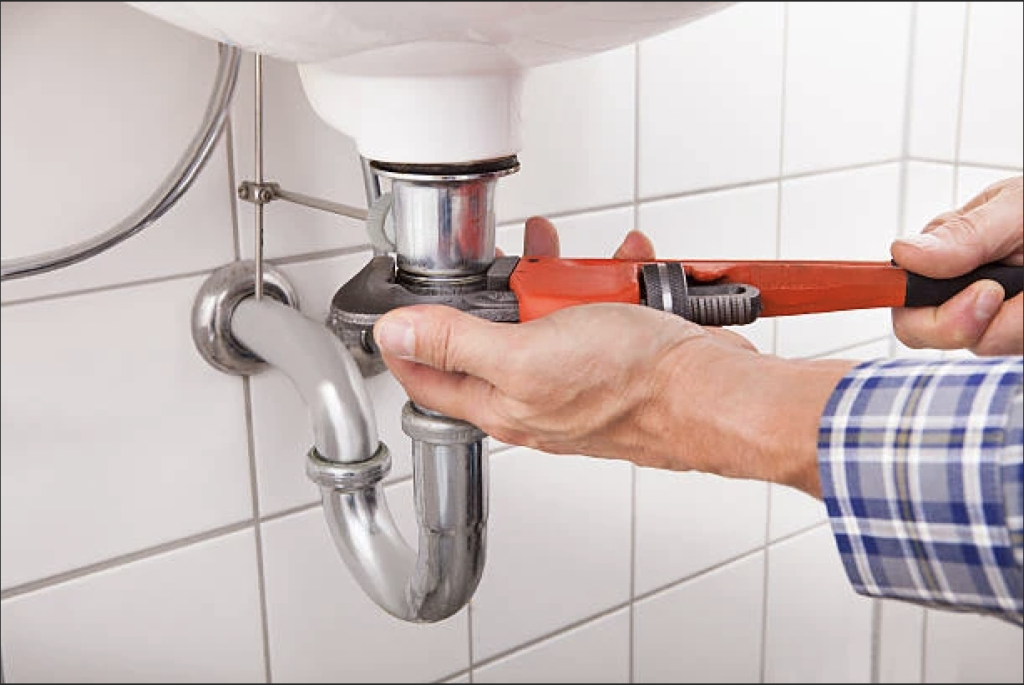7 Reasons Why You Should Hire Professional Water Heater Repair Services
1. Lower Energy and Water Consumption
When it comes to water heater repair, one of the best reasons to hire a professional is that you can save money on your water and energy usage. Heaters that do not work efficiently require more energy to heat water.
This, in turn, results in a greater energy use than is necessary. For your tap water to reach the temperature that you desire, you will have to leave it open for much longer.
You will have higher energy and water bills by the end of the month if you combine these two factors.
2. Professional Service
In turn, you should receive professional-level water heater repair services since you are paying for them. It pales in comparison to professional repair services even if you think you know how to fix a water heater.
A professional water heater expert can guarantee that the process will be safe from start to finish when they take on the job. Professionals are equipped with the necessary expertise, safety equipment, and tools to do the job.
In addition, water heater problems can be handled by a professional. He will perform a thorough inspection to identify the problem. He will then carry out the necessary steps to restore your heater’s functioning.
A professional can also determine if your old heater needs to be replaced. They will search for the best solution to solve the problem quickly.
3. Cost-Effective Solution
Hiring a professional is not just about fixing the problem quickly. Hiring a professional is not only a faster option, it is also a more cost-effective one.
Despite the fact that DIY might seem like a cheaper option, hiring a professional can save you money in the long run. You have a high chance of making a mistake if you fix your heater yourself.
Some mistakes are more costly than others.
4. Seamless Installation
In some cases, a water heater needs to be replaced. If you recently purchased a new home, perhaps you need to install one. If you want a reliable water heater installation, a professional can help.
Water heaters involve a number of complexities. The plumbing fixtures and wiring are different. It requires specific tools, knowledge, and expertise to install one.
5. Quality and Consistent Water Supply
You ensure your family gets a steady supply of hot water by hiring a professional. Your hot water is also of a high quality and safe.
When you hire a professional technician to repair your water heater, you can rest assured that it will work properly once more. Your home will be heated to your liking once again.
Winter is a critical time for this.
6. Reliable During Emergencies
Being without hot water when you need it most is one of the worst things you can experience. You can enjoy emergency service when you hire a reputable water heater expert.
We can have the expert at your house in just a few minutes. Your heater can be repaired by him, and you will have hot water again soon.
7. Warranties and Insurance
Last but not least, hiring a professional ensures your water heater’s warranty is not voided. There is a warranty on most water heaters. The warranty will be void if you attempt to fix it yourself or hire a person who does not have a license.
The warranty will not be voided if you hire a licensed and insured water heater expert.






